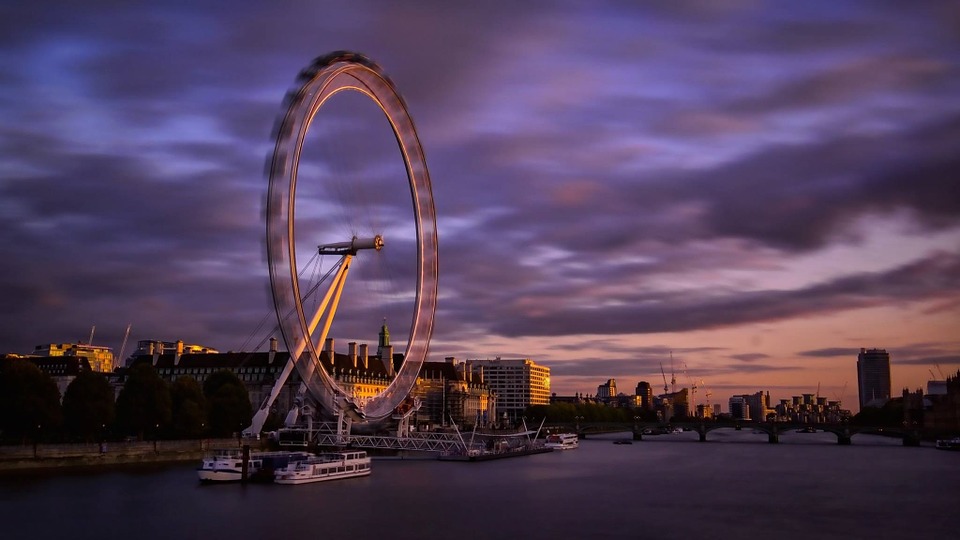Lets work together



Suite 3A, Chapel Allerton House, 114 Harrogate Road, Leeds, LS7 4NY
ukinfo@integrated-skills.com
+44 (0) 3300 888 670

Tourists have always loved coming to the UK: Land of cream teas, haggis, bara brith, red London buses, the changing of the Guard at Buckingham Palace and the Royal Family. In the last few years, the number of visitors has peaked sharply, with the devaluing of the pound sparking something of a boom in the British tourism and leisure industry. By 2025, the tourism and hospitality industry is set to bring in an estimated £257 billion, making it the UK’s fifth largest economic sector.
It isn’t just hoteliers, restaurateurs and souvenir shops that benefit from a tourist boom. Transport companies, supermarkets, airlines, pubs, car hire companies and clothes shops all benefit from an influx of tourist cash – not to mention the thousands of service companies that support these B2C businesses. By 2025 tourism and hospitality may directly employ more than 3 million people.
But what about the impact on the environment? How is this influx of people, facilities, new businesses and infrastructure going to impact waste management and recycling, especially in tourist hotspots?
Tourism & Waste Management
Tourists also invariably generate a lot of waste. Increased consumption of food and other disposable goods leads to mounting pressure on local waste management systems, especially during peak seasons. To what extent is this waste adequately recycled? An increase in mixed recycling bins in tourist areas will certainly help increase the proportion of recyclable waste that avoids landfill during peak seasons, but many local authorities still have a long way to go to reach this point. Facing up to the challenge of waste management in heavily visited areas will involve a greater investment of resources from local authorities into waste management, and perhaps open up greater scope for private sector involvement in managing seasonal demand. On the technology front, a number of local authority are trailing the use of “Smart Street Bins” in tourist hotspots – waste & recycling bins that can measure their own fill level, communicate the fact to a waste management system that then automatically dispatches a bin truck to drive by and empty it before it overflows: A part of the Internet of Things (IoT) concept combined with route planning software.
Can hotels and restaurants do more? Appropriate messaging in hotel rooms encouraging tourists to place plastics and dry recycling materials in appropriate receptacles is one simple step. Forcing hotels to report on the level of waste & recycling that they process would focus their attention more.
Forcing restaurants, especially fast food chains, not to serve plastic straws is less simple (as it would involve legislation), but more effective in the fight to reduce the consumption of single use plastics. Less radical, but just as effective, would be to stop the coffee chains from serving coffee in paper cups and instead use ceramic for all customers who drink on premise. And how about offering a 10% discount to all customers who bring in their own drinking vessels!
Tourism & Climate Change
In many senses the UK’s state of preparedness for increased tourism goes hand-in-hand with how governments and local authorities are responding to climate change. Increased flooding, heat waves and erratic seasonal weather – including varying periods of drought conditions and intense rainfall – are taking a toll on infrastructure in some areas. Some areas in the south (especially the south-west), Wales and the North West now regularly experience autumnal and winter floods, leading to burst drains, overloaded sewer systems and damaged roads.
A 2000 page report published in July 2016 by the Committee on Climate Change1 painted a stark picture of the potential impact of climate change on matters as diverse as waste management, public transport and business logistics. It is clearly not the sole responsibility of the government to prepare the UK for these changes. Every business and organisation has a role to play, and should take whatever steps possible to future proof their own enterprise, whether that means taking into account climate based disruption or additional waste management responsibilities from increased tourism.
Contact Us
At Integrated Skills we offer a range of business services & software solutions relating to local government, private waste & recycling contractors as well as waste management consultancy in the UK and overseas. To find out more, please give us a call on +44 (0) 2380 737 983, or send us a message through our online contact form.
Would you like to know more about What does the UK’s Booming Tourism and Hospitality Industry Mean for the Environment and Local Government Resources?? Fill in your details below and let us know how we can help.
Website Designed & Built by we are CODA